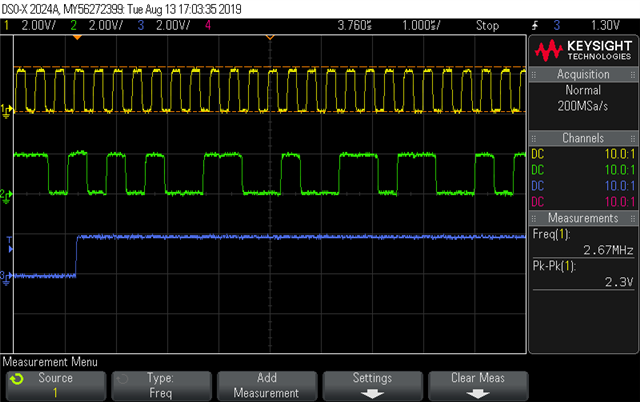I am using thing SDK. And,following function is part of thingy SDK.
Could someone can explain why the following function needs skip 31 times?
static void drv_audio_pdm_event_handler(uint32_t *p_buffer, uint16_t length)
{
ASSERT(length == CONFIG_PDM_BUFFER_SIZE_SAMPLES);
if (m_skip_buffers) //m_skip_buffers-->31
{
m_skip_buffers -= 1;
}
else
{
m_buffer_handler((int16_t *)p_buffer, length);//static void m_audio_buffer_handler(int16_t *p_buffer, uint16_t samples)
}
}



